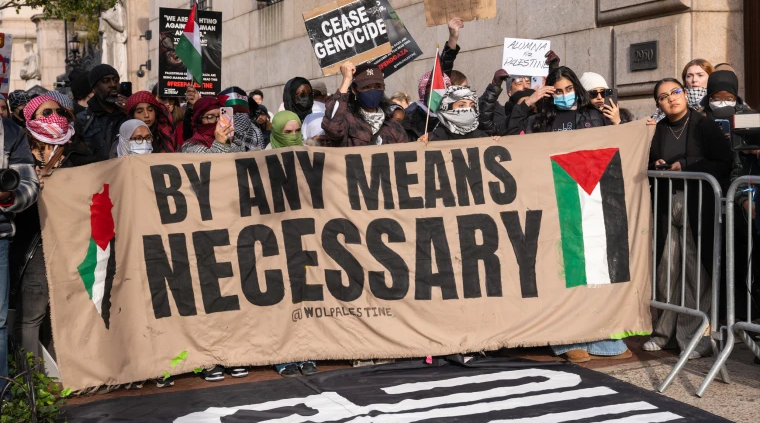The Language of Justice
After January 6, I grieved, outraged, and horrified. Our President encouraged insurrection as if he were calling for justice. There were no statements of remorse. After October 7, I struggled with melancholy, rage, and fear. I heard the world cheer the assault. Even as Gaza crumbles, the terrorists refuse to drop their weapons no less seek forgiveness. My indignation, however righteous, was not the only response.
Perhaps it is a Jewish trait that we yearn for justice and expect the perpetrator of evil to atone. We hope or even expect those who cause harm to regret their mistakes. The guidance comes from Parshat Nasso.
דַּבֵּר֮ אֶל־בְּנֵ֣י יִשְׂרָאֵל֒ אִ֣ישׁ אֽוֹ־אִשָּׁ֗ה כִּ֤י יַעֲשׂוּ֙ מִכׇּל־חַטֹּ֣את הָֽאָדָ֔ם לִמְעֹ֥ל מַ֖עַל בַּיהֹוָ֑ה וְאָֽשְׁמָ֖ה הַנֶּ֥פֶשׁ הַהִֽוא׃
Speak to the Israelites: When men or women individually commit any wrong toward a fellow human being, thus breaking faith with יהוה, and they realize their guilt,
וְהִתְוַדּ֗וּ אֶֽת־חַטָּאתָם֮ אֲשֶׁ֣ר עָשׂוּ֒ וְהֵשִׁ֤יב אֶת־אֲשָׁמוֹ֙ בְּרֹאשׁ֔וֹ וַחֲמִישִׁת֖וֹ יֹסֵ֣ף עָלָ֑יו וְנָתַ֕ן לַאֲשֶׁ֖ר אָשַׁ֥ם לֽוֹ׃
they shall confess the wrong that they have done. They shall make restitution in the principal amount and add one-fifth to it, giving it to the one who was wronged.
Our belief equates wrongdoing with breaking faith in God. The standard is true of any wrong toward any fellow human being. Whether breaking into the Capitol or killing a cowering family, all criminal behavior against another person offends God.
Even as we feel righteous and holy indignation, we consider the morality of our recourse against evil. While we strive for justice and retribution on behalf of those who have suffered, the Torah duly obliges us to control our emotions.
According to the Torah, God is the ultimate arbitrator of justice. Nonetheless, Torah establishes systems of adjudicating justice. The Torah commands us to pursue “Justice, Justice.” Deuteronomy 16:20. Commentators presume the repeated word “justice” refers to the quality of justice we seek, one inspired by Godliness. At Leviticus 19:18 the Torah excludes vengeance from justice: “You shall not take vengeance or bear a grudge against members of your people. Love your fellow [Israelite] as yourself: I am God.” The line between justice and vengeance can become muddied. The desire for vengeance coopts and rots true justice.
Those calling for vengeance should always be suspect. Those who attacked and killed on January 6 and October 7, unrepentantly broke faith in God, and sought what they supposed to be justice through violence. Palestinian leaders and their sympathizers who applaud murder and rape do so couched in the language of justice, seeking retribution for Israeli aggression. But Justice is not the provenance of those who scream loudest. Justice does not validate sexual violence and murdering children.
The people who encouraged the attack on our Capitol perverted justice in pursuit of their purportedly righteous and just cause. Thereafter, fair judicial processes were derided by those who suffer the consequences of their unlawful behavior. Trump, instigator of the January 6 attack, seeks revenge robed in a call for justice. The language of Justice is altered and perverted. Justice does not mean achieving your goals by any means necessary. Righteousness can become a sword rather than a shield.
We need a new playbook for a world where vengeance and violence are cloaked as justice. The opening chapter of this new playbook begins with the Torah and requires all to recognize that violence offends God. The next chapters are beyond my imagination.
Rabbi Evan J. Krame






 Evan J. Krame was ordained as a rabbi by the
Evan J. Krame was ordained as a rabbi by the